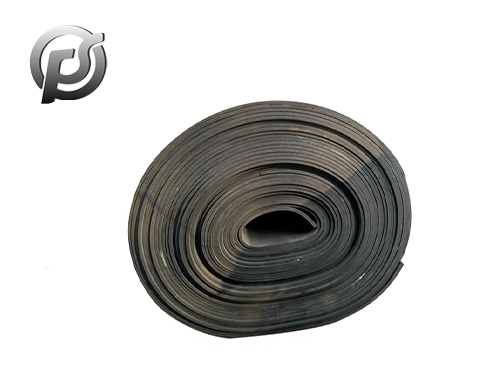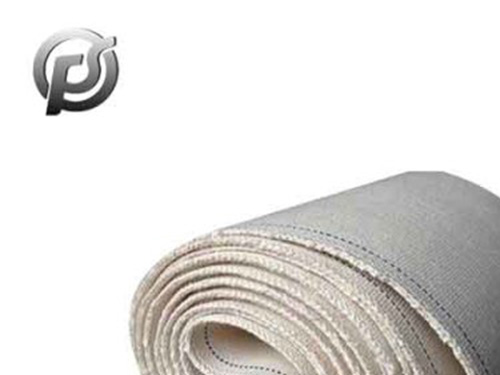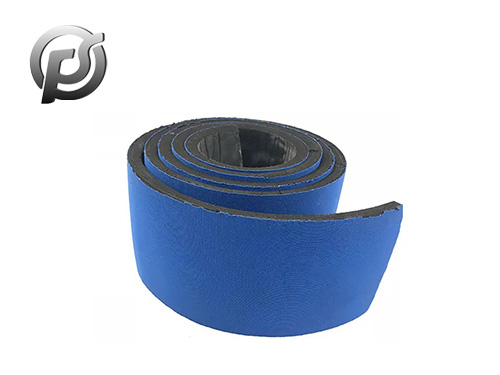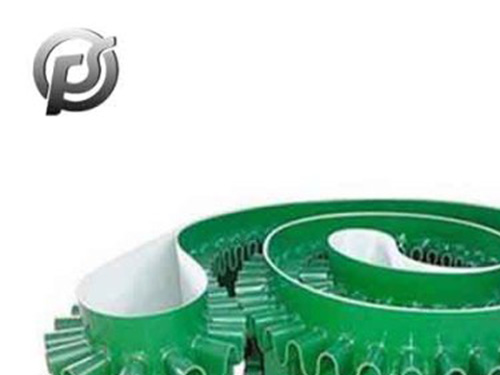Circular belt conveyors play a pivotal role in modern industrial processes, offering a versatile and efficient solution for material handling. These conveyor systems are designed to transport bulk materials in a circular path, providing numerous advantages in terms of efficiency, flexibility, and space utilization. In this article, we explore the key features and benefits of
circular belt conveyors in various industries.
Versatility in Material Handling:
Circular belt conveyors are highly versatile and suitable for transporting a wide range of materials, from bulk solids to granular and powdery substances. This versatility makes them indispensable in industries such as mining, agriculture, manufacturing, and logistics.
Space Optimization:
The circular design of these conveyors allows for efficient use of space, making them ideal for facilities where space is at a premium. The continuous circular path enables a compact layout, and these conveyors can be easily integrated into existing production lines or configured for intricate material flow patterns.
Continuous Material Flow:
Unlike traditional linear conveyors, circular belt conveyors facilitate continuous material flow. This continuous movement ensures a steady supply of materials to various processing or packaging points, minimizing downtime and enhancing overall production efficiency.
Adjustable Incline and Decline:
Circular belt conveyors can be designed with adjustable incline and decline sections, providing flexibility in handling materials on different elevations. This feature is particularly beneficial for industries with multi-level processing requirements, allowing for seamless material transfer between different production stages.
Customizable Design:
Manufacturers offer customizable designs to meet the specific needs of different industries. Circular belt conveyors can be tailored in terms of belt width, speed, and load capacity. Additionally, they can be equipped with various accessories such as side guides, chutes, and covers to optimize their performance.
Low Maintenance Requirements:
Circular belt conveyors are known for their robust construction and low maintenance requirements. The closed-loop design minimizes spillage and dust emissions, contributing to a cleaner working environment. Routine maintenance tasks are simplified, resulting in reduced downtime and increased operational efficiency.
Energy Efficiency:
Efforts to improve sustainability in industrial operations have led to the development of energy-efficient circular belt conveyors. Variable speed drives and smart control systems help optimize energy consumption based on material load, further enhancing the overall efficiency of the conveyor system.
Application in Specialized Industries:
Circular belt conveyors find application in specialized industries such as the food and pharmaceutical sectors, where hygienic and contamination-free material handling is crucial. These conveyors can be constructed using materials that comply with industry standards for cleanliness and sanitation.
Conclusion:
Circular belt conveyors represent a fundamental advancement in material handling technology, offering a reliable and efficient solution for diverse industrial applications. Their space-saving design, continuous material flow, and customizable features make them indispensable in enhancing operational efficiency across various industries. As technology continues to evolve, circular belt conveyors are likely to play an even more significant role in shaping the future of material handling systems.

 Exploring the Dynamics of Conveyor Belt Manufacturing in China
Exploring the Dynamics of Conveyor Belt Manufacturing in China
 PE Conveyor Belts: Characteristics, Applications, and Advantages
PE Conveyor Belts: Characteristics, Applications, and Advantages
 Stone Conveyor Belt: Enhancing Efficiency and Productivity in Material Handling
Stone Conveyor Belt: Enhancing Efficiency and Productivity in Material Handling